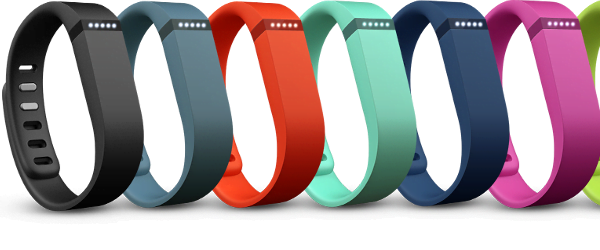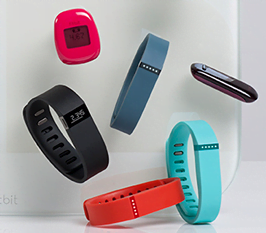In the United States, major insurance companies like UnitedHealth Group, Humana, Cigna and Highmark offer their clients to wear a connected bracelet to save money on insurance.
According to these insurance companies, wearing the Fitbit bracelet allows insured persons to become aware of health issues in favour of a healthier lifestyle. However, this trend has been criticised in the name of private life and the protection of health data.
Wearing a Fitbit bracelet could help saving money on your insurance
Three major American insurance companies offer their clients to“wear electronic bracelets to reduce [their] insurance expenses.”
This concept has been put into practice by giant BP with its American emplooyees, as Bloomberg states. Indeed, BP bought 25.000 Fitbits for its employees in order to raise awareness about their own health.
By increasing their number of steps, daily users of Fitbit can decrease their insurance expenses up to $1.200. Thus, a former footballer lost 70 pounds and 10 trouser sizes thanks to a Fitbit program. “I can see my toes again”, Slagle said. His wife Kristi works for BP in Houston. The company’s program “encourages me to get off the couch and make good decisions [for my health]”.
The goal of insurance companies is to encourage people to invest more and take care of themselves. As insured people wear the device, their activity data is recorded and sent to an online system that checks it and rewards the user according to results.
“Employers want people to play an active part in their health”, Dee Brock said. Brock integrated electronic bracelets in well-being programs for HIGHMARK, in Pittsburgh.
 What about private life?
What about private life?
Nevertheless, the data recorded by bracelets is not limited to measuring the number of steps: it allows employers and insured people to access private information about people. Captors can monitor heart rate, glycaemia, body temperature, etc. This concerns many privacy advocates.
Pam Dixon is the founder of the World Privacy Forum and is especially interested in the protection of personal health data. He explains that “It’s dangerous to insist on preventing health problems at the expense of private life”.
“These ethical concerns cannot be ignored when we deal with issues like monitoring employees’ physical activities by their employers”, says Harry Wang, who is a researcher at Parks Associates and who studies the markets. Eventually, “there will be high expectations from consumers about the way this data will be used”.
Companies and insurers say they protect the private life of electronic bracelets users. They insist that they follow federal laws that prevent employers from seeing sensitive health information about their employees without their consent. Mobile programs exist on the base of voluntarism and are administered through third parties, which are partners with BP.
Published by the Editorial Staff on


